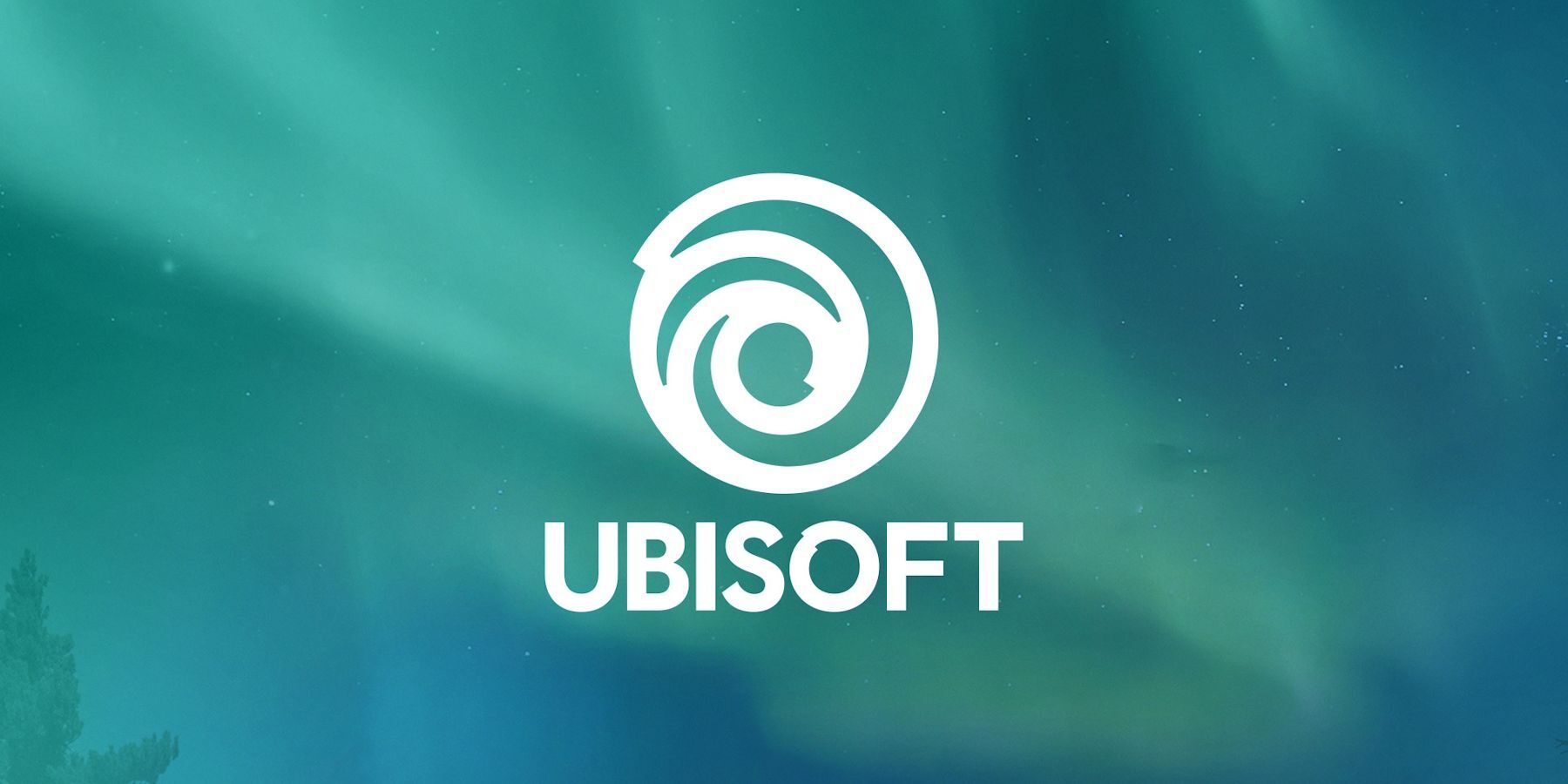In a response to a post from the AntiDRM Twitter account, Ubisoft Support has clarified that users who don’t sign in to their account can potentially lose access to Ubisoft games they’ve purchased. The initial post from AntiDRM featured a snippet of an e-mail sent to a user from Ubisoft notifying them that their account had been temporarily suspended due to inactivity and warning that it would be closed permanently in 30 days. Responding to the ominous e-mail, the Ubisoft Support Twitter account stated “We certainly do not want you to lose access to your games or account” and noted that account closure could be avoided by signing in to the account again.



It’s not. You don’t own the game you lease it with the clause that the storefront can ban/delete/deactivate your account for any reason. This is true for Steam, GOG, Itch, Epic, EA, Microsoft, etc.
The law is written by capitalists for capitalists and shouldn’t he taken into consideration. EULAs are essentially privately-owned laws. It is theft, plain and simple.
Sure, “laws are threats made by the dominant socioeconomic-ethnic group in a given nation. It’s just the promise of violence that’s enacted and the police are basically an occupying army.”
I was simply talking about the current legal definition. It’s hard to call it theft or fraud when the terms are made clear before the sale. An example of this to a lesser degree would be game studios making multiplayer games. Is it theft if a studio puts a game out on Steam with the clause “We can only support multiplayer for as long as our budget allows us.” and then goes under a few years later? A lot of these multiplayer services are things someone would have to pay for like Playfab or Gamelift. Not something easily open-sourceable. You could argue “Well don’t write your game like that” but then you are essentially killing the multiplayer game service industry without consideration of its existence or benefits.
I think you’re speculating in order to make excuses for a corporation. Show us the clause that applies in this case, and I will retract my statement.
Edit:
It’s disappointing that several people replied to me with walls of text to lecture about things that were not disputed, and in some cases not even relevant. We know online game stores typically license them rather than selling them, folks, and Valve’s license terms are not Ubisoft’s terms. Kindly read before replying next time.
One person actually brought an Ubisoft inactivity clause to the table. (Thanks, @LittlePrimate@feddit.de) Interestingly, that clause seems to be present only in the terms of service for certain regions. A quick search doesn’t find it in either the Canada or United States versions, for example. I wonder if that’s due to better consumer protection laws in some jurisdictions than others.
So depending on which regional ToS the gamer(s) in question agreed to, Ubisoft accepting money and then revoking access might or might not have been fraudulent behavior.
More importantly, it’s ethically wrong, and no amount of legal maneuvering will change that. Screw Ubisoft.
They indeed just “license” the games to us:
For termination, it’s not any reason but a lot of reasons, including the here discussed:
The first one opens a lot of options for them to find a reason. None of those would trigger any reimbursement, though.
Source
Now that I think about it, it might not even be consumer protection but instead a GDPR issue. I’m in Europe. Users becoming inactive can actually force companies to delete their data. Ubisoft might not have any other choice than to completely delete inactive users and of course they’ll do what is best for them, not for the inactive users.
That depends on the country you live in. In Australia for instance anything that looks like a “sale” must be an actual sale of a product and can’t be something else sneakily disguised as a sale. It’s illegal for services like Steam or app stores to deny you access to software you’ve bought on their platform in Australia.
That doesn’t mean it hasn’t happened before though.
Hmm yet steam has certainly banned lots of accounts, probably some of those owning games and are citizens of Australia. So clearly there is a clause around it.